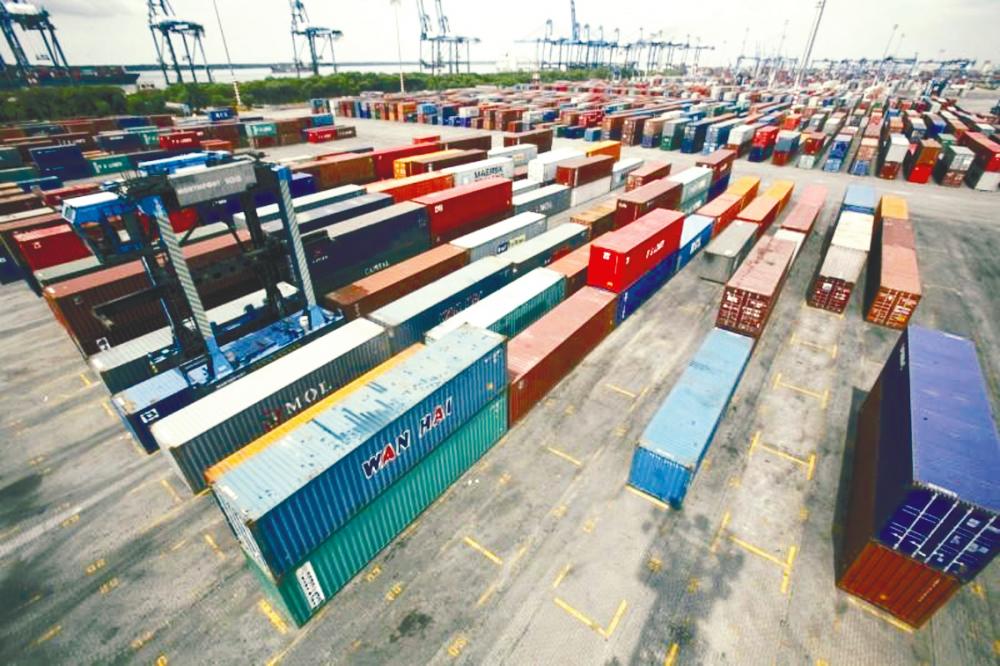KUALA LUMPUR: Malaysia’s gross domestic product (GDP) is forecast to grow at 4.9% this year, boosted by a tax refund programme and continuous support from consumer demand, said an economist.
Standard Chartered Bank chief economist (Asean and South Asia) Edward Lee Wee Kok said the GDP growth would be higher than the 4.7% estimated for 2018.
He said the tax refund was worth 2.5% of the GDP and could provide a massive fiscal boost even in an economically cautious environment.
“Assuming half of it (the tax refund) goes to individuals and a very cautious amount of 10% to be taken out for consumption, that is still easily worth around 0.1% to 0.2% of GDP,” he told reporters at a briefing on 2019’s economic outlook today.
Lee said another factor that would contribute to better GDP growth this year would be the mining sector’s recovery.
“There was a disruption in the mining sector last year that took off about 0.2% growth,” he said.
Meanwhile, Lee said consumer demand remained GDP’s main growth pillar and would be supported by a healthy labour market, favourable tax changes and a minimum wage increase.
He said the reintroduction of the sales and service tax to replace the goods and services tax implied an estimated 0.5% to 1% of GDP worth of fiscal receipts returned to the government.
“A new standardised minimum wage of RM1,100 introduced on Jan 1, will also support consumer spending,” he said.
However, Lee said net external demand was projected to be less supportive this year amid slower growth in major economies and ongoing trade tensions between the US and China, adding that Malaysia as a small and open economy would be negatively affected by declining external demand.
Nevertheless, the economist said a prolonged US-China trade dispute could benefit Malaysia in the medium term from supply chain movement out of China.
“We (Malaysia and China) sell a lot of similar products to the US and countries that tend to benefit (from the supply chain movement) are those that are already exporting to the US because the supply chain is already in existence.
“So, I do expect more orders from the US to come as an indirect positive effect from the trade war,” he said.
Lee said Malaysia was the third most successful country after Vietnam and Mexico in terms of attracting supply chain movement away from China.
“However, it will take time before we see the positive impact as it involves investment decisions,” he added.













